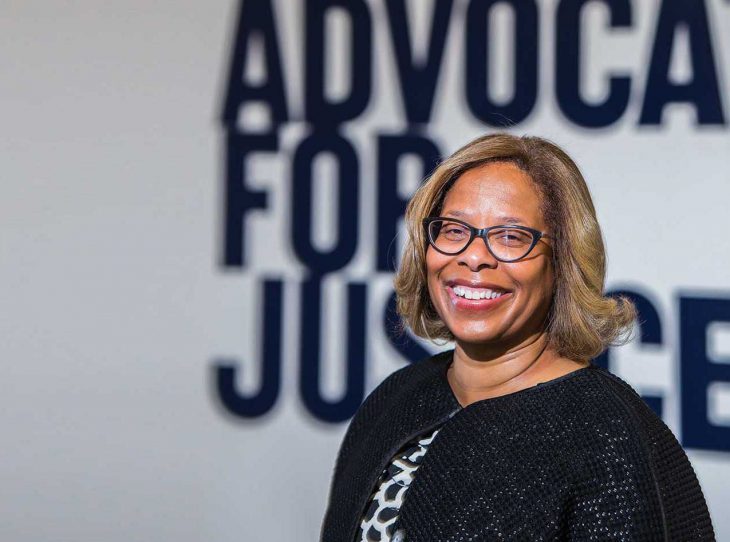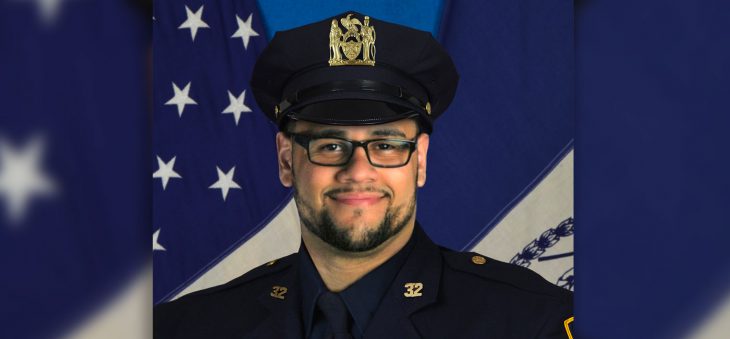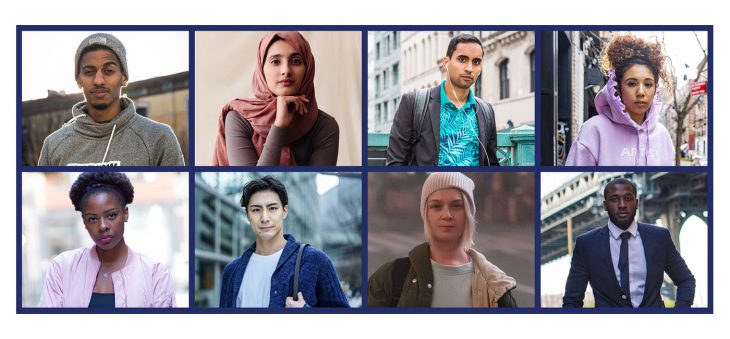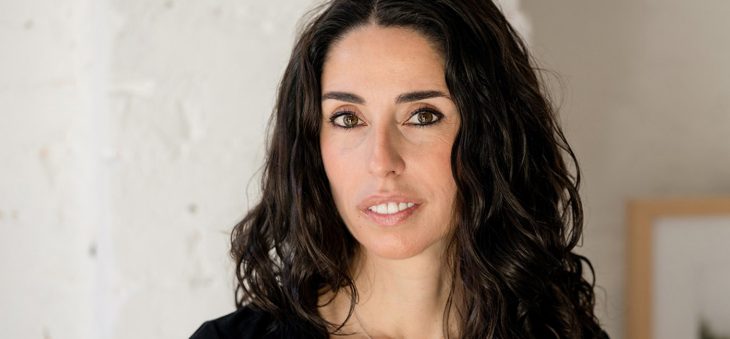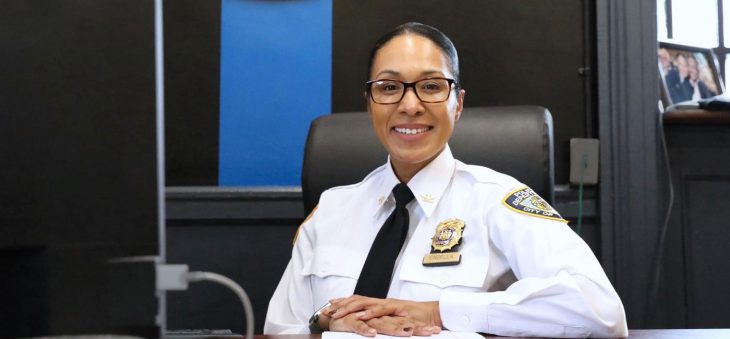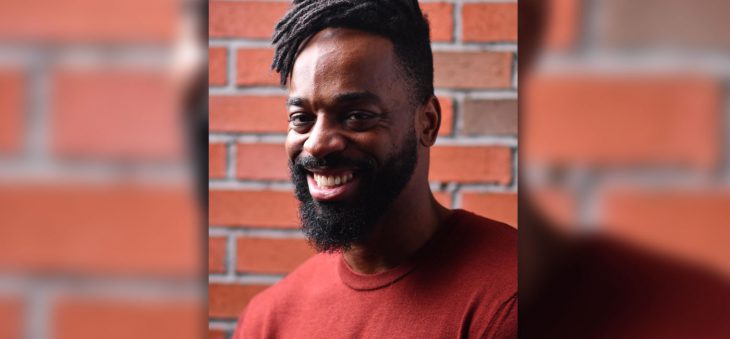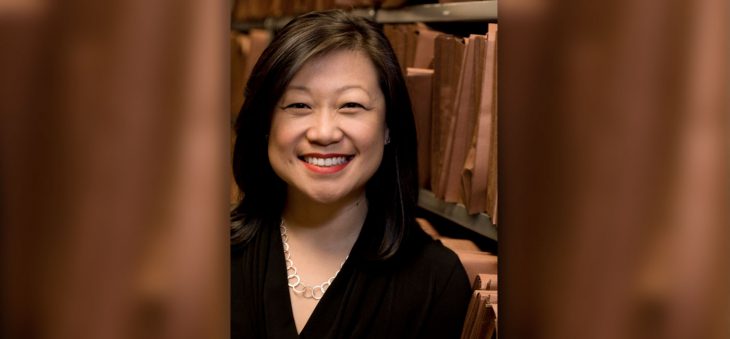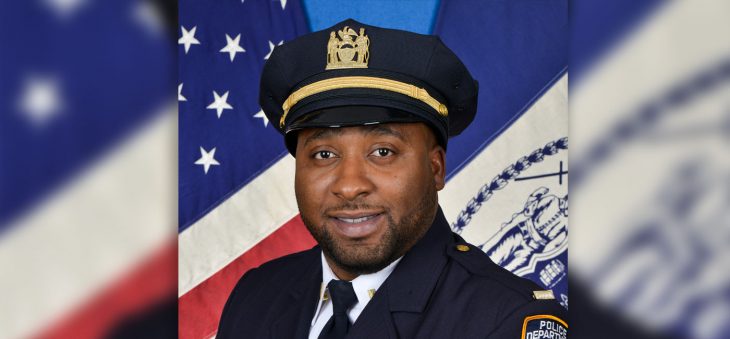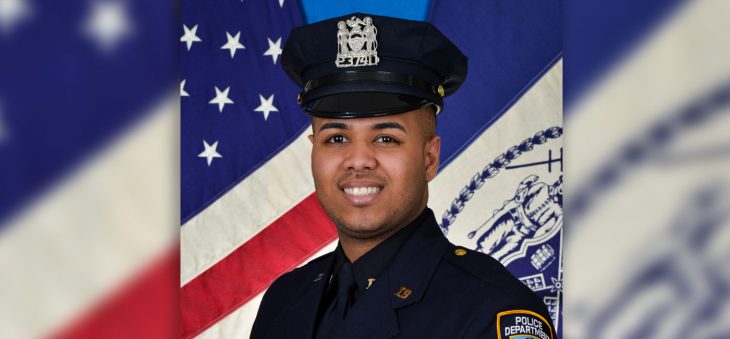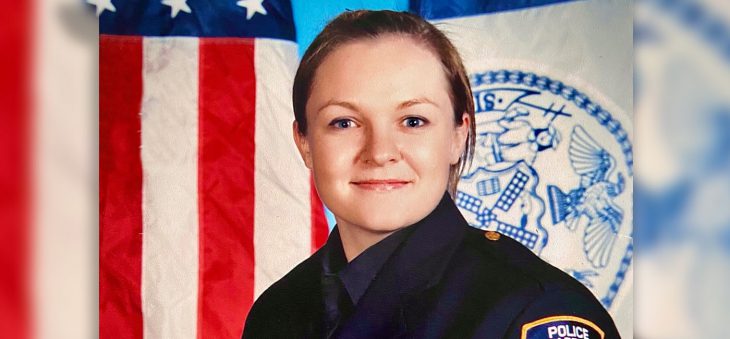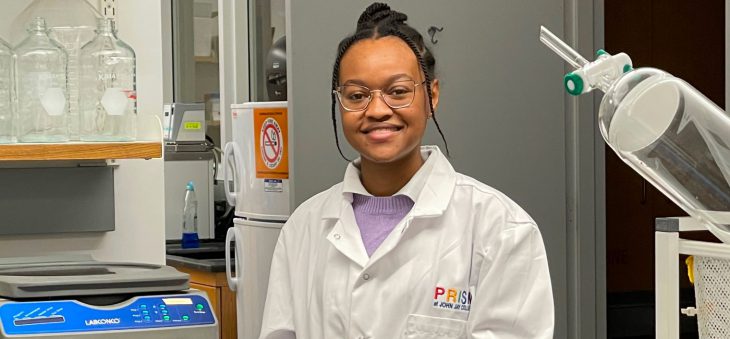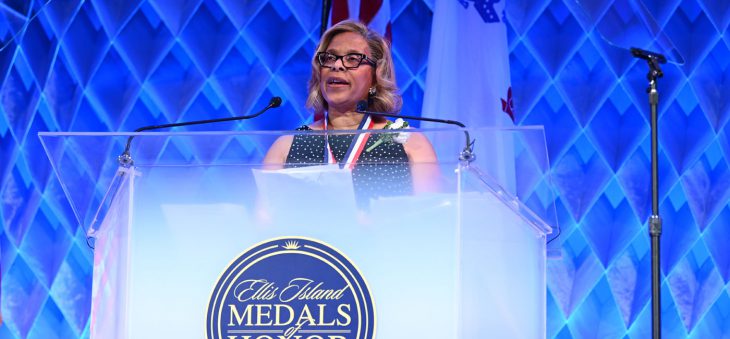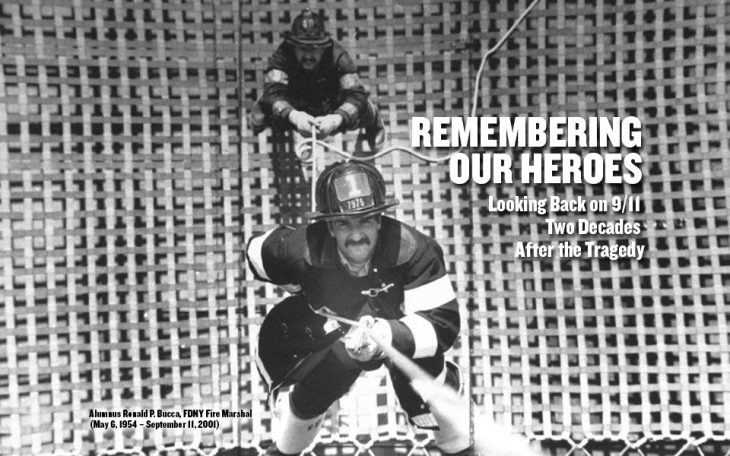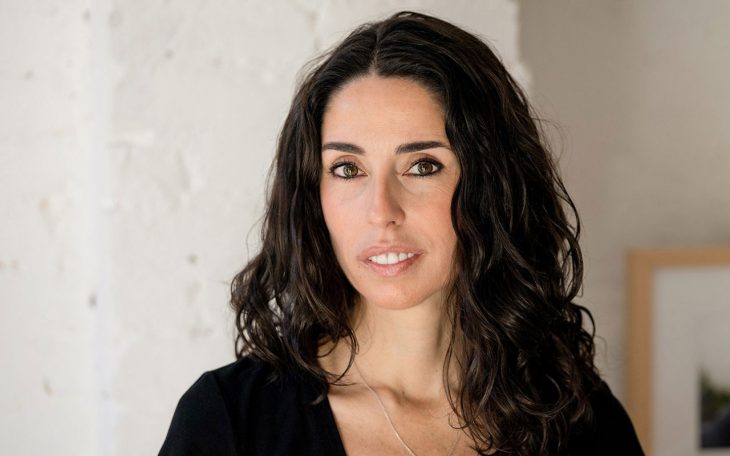Ronald F. Day ’19, Ph.D., proves what’s possible when people have access to an education.
By Andrea Dawn Clark
Ronald F. Day ’19, Ph.D., grew up in the South Bronx at the height of the hip-hop movement. His family was on public assistance, and Day ended up dropping out of high school in the ninth grade. But even without the structured setting of a classroom, teenage Ronald often found himself getting up early in the morning, buying a newspaper, and sitting on the front stoop reading it. “I was always very interested in learning,” says Day. His mother, Lorene, got her G.E.D. and was working on her bachelor’s degree. She appealed to her 17-year-old son to follow in her footsteps.
“I didn’t study for the G.E.D. I just went and took the exam. By sheer luck I passed,” says Day. Around the same time he found himself gravitating to the drug culture surrounding him. “It was a drug-infested neighborhood. I had friends that were engaging in criminal behavior, selling drugs, and I followed in their footsteps. With a limited education, I felt like I had no future to earn money but to hustle.” Like many other young men of color in his neighborhood, Day got caught up in the criminal justice system. He was sentenced to 15 to 45 years in prison, and started his “educational odyssey” in Sing Sing Correctional Facility.
The simple fact that Day had his G.E.D. made a world of difference in his life. It meant that while he was incarcerated, he could start taking college courses immediately. “It also made a difference because it connected me with a different crowd. They were more focused. These were the guys that were running the law library and different organizations,” says Day. It was the first time in his life that he was exposed to positive programming specifically for African-American men. They motivated and challenged each other as they analyzed what was happening in their communities. After 15 years of incarceration, Day came home with 51 college credits and 32 certificate credits. Before his release, Day reached out to the Prisoner Reentry Institute (PRI), and they helped him transition—connecting him to colleges that would accept his credits, getting him involved in a mentorship program, finding him paid internship opportunities, and supporting his academic goals.
In the 10 years that followed, Day earned his bachelor’s degree, two master’s degrees, and in December of 2018 he successfully defended his dissertation and received his doctorate degree from the CUNY Graduate Center and John Jay College. “Individuals like myself are living examples of the difference an education can make,” says Day. “If a person gets involved in education, there’s a greater likelihood that they’re going to get a decent job and provide for their family. Education changes your outlook. We have to stop looking at the criminal justice system only through a punitive lens.”
As the Vice President of Programs at The Fortune Society, Day passionately supports reentry programs, while tirelessly working to dismantle the stigma of incarceration. Through Columbia University, he’s come full circle, teaching classes at Sing Sing, the same correctional facility he once inhabited himself. Day looks at these classes as the opportunity to fulfill the dreams of his mother.
While working on his Ph.D., Lorene told her son how proud she was that he was giving back to the community. She had championed him from the start, and she had three dresses picked out for his graduation celebrations. Sadly, Lorene passed away before she had the opportunity to wear them. “Whenever people ask me, what I’m most proud of, the answer is always making my mother proud before she passed away,” says Day. “Now, I’m in a position to do something for that young man just sitting in the neighborhood, indulging in drug activity, and not getting an education. That young man is smart. That young man can have a bright future. And, his mother can be proud of him too.”

